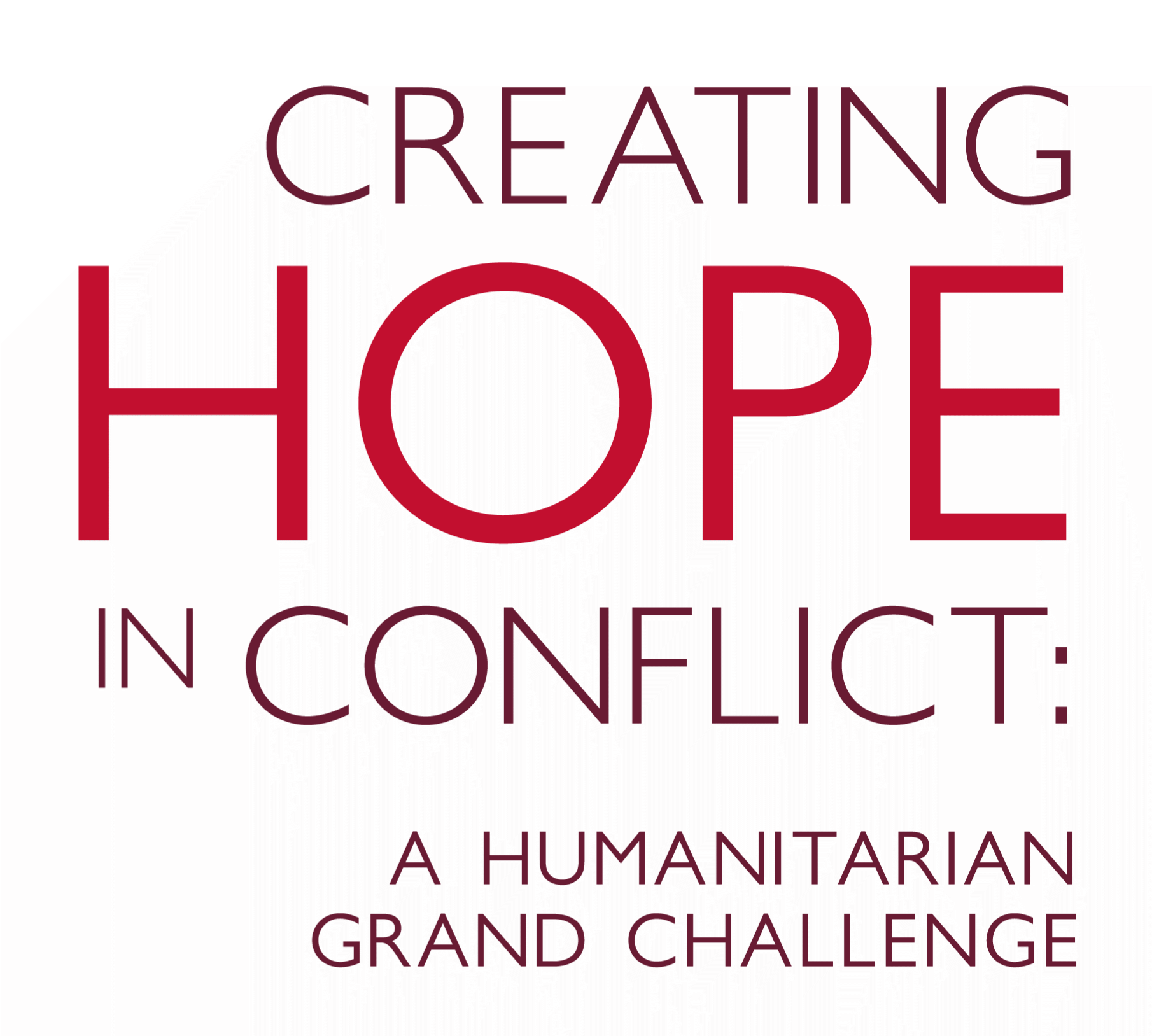Humanitarian Networks and Partnerships Week (HNPW) is an annual gathering in Geneva where the humanitarian community comes together to collaborate on knowledge-sharing to strengthen our sector, nurture long-standing partnerships and foster new ones, and reflect on where and how our work has contributed to positive change globally–and how our work can be strengthened.
This year, portfolio teams from Humanitarian Innovation Program at Grand Challenges Canada, Creating Hope in Conflict: A Humanitarian Grand Challenge and Play Learn Thrive, will host three events, some alongside partners, sharing insights from our work and reflecting on ways forward.
If you’ll be there in person, you’ll find us in the exhibition area when we’re not in sessions, where we’ll be showcasing groundbreaking medical innovations from Surgibox and Pragmatic Innovation.
Our sessions will be held in-person at The International Conference Centre Geneva (CICG) and virtually. Read descriptions and click through to register for individual sessions below.
*NEW EVENT*
1. MEASURING INNOVATION:
NEW VS. BETTER
Date: March 25th 2025
Time in Geneva : Morning, 09:00-10:30
Registration Link: Click here to access the event portal and registration link.
Innovation projects deliver impact differently than conventional programming in the humanitarian space; Innovating typically involves backtracking, pivoting and constant iteration. Furthermore, the lion’s share of the impact sought through innovation efforts will manifest after the pilot project itself, as new solutions hopefully scale and go from experiment to business-as-usual. This spurs a range of questions with regard to Monitoring, Evaluation, Accountability and Learning (MEAL); How do we measure the improvement new solutions deliver compared to existing ones?When are innovations mature enough that the impact can be measured?What data can support the measuring of innovation outcomes?
This session will address:
- Better solutions: How to compare innovations against existing solutions in order to better determine the value of an innovation
- What are we measuring: Identifying what we actually want to measure and how we understand key terms like innovation, scale and adoption
- Data: Whether we can make better use of the contextual data we already have in intelligent ways to measure results, in order to avoid inefficiencies in asking for additional data
- Timing: When to measure the emerging impacts of an innovation project
2. THE MISSING LINK:
Connecting Community-Led Initiatives with national and global social innovation ecosystems in humanitarian settings
Date: March 26th 2025
Time in Geneva: Morning, 9:00-10:30
Registration Link: Click here to access the event portal and registration link.
In this session, we’ll reflect on the current social innovation ecosystem and explore the pathways, and lack thereof, between local communities in crisis-affected areas and national humanitarian and innovation hubs. Research shows that scaling innovations within the humanitarian system is challenging, whether moving from the ground up or the top down. Reasons are varied and complex, but one glaring issue is the lack of a clear, specialized pathway linking communities with national social and humanitarian innovation platforms. This gap makes it hard for community-led solutions to scale and reach distant populations, difficult for external innovators to connect with affected users, and complicated for national or global innovations to reach the last mile.
Various actors are working to bridge this gap, including subnational social innovation or entrepreneurship hubs, innovation-friendly civil society networks, civic entrepreneur-led funding platforms, and more agile government structures.
This session is co-hosted by Creating Hope in Conflict: A Humanitarian Grand Challenge, Response Innovation Lab, and Elrha.
